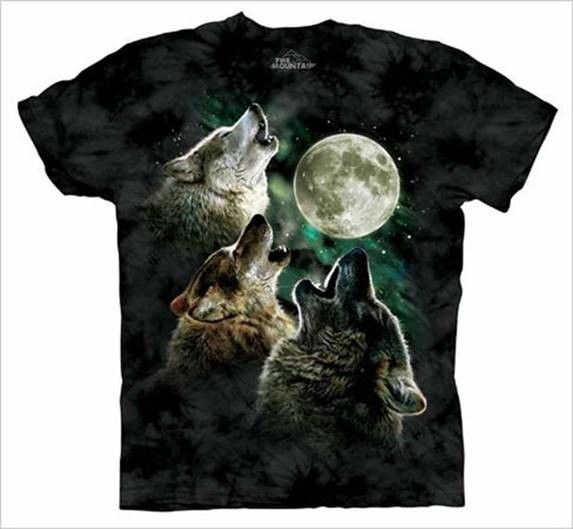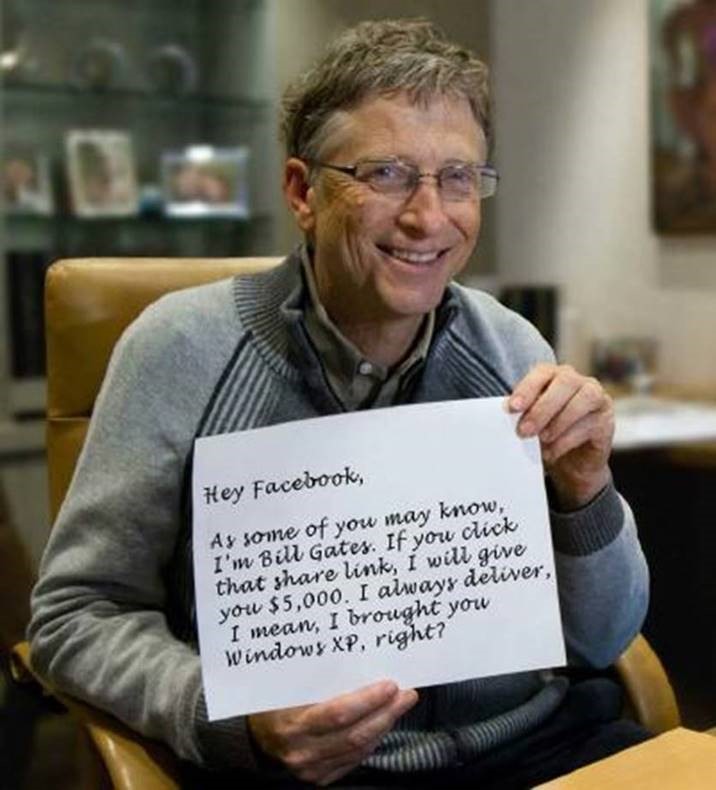July 15, 2014
I remember the day the internet changed me. It was June 27, 2012. It was just another ordinary day, until I saw arguably the greatest Facebook post ever. This day was “the future,” according to Back to the Future.

(Source: Mashable)
As a child of the 80’s, I had known a few truths:
- One day, I would be as cool as Punky Brewster.
- The Ouija board was real.
- There would be hover boards on the day that Marty McFly went to “the future.”
I proudly shared this news with my 862 Facebook friends only to see it refuted by Mashable shortly thereafter with the caption, “This photo is fake. Today is not the future. We repeat, today is NOT the future.” I felt all the feelings. Shame, disappointment, confusion, violation. Why would the internet toy with my emotions like this? What was seemingly a victim-less hoax, claimed one casualty on that summer day; my trust of the internet.
Fast forward two years and I now accept a simple truth; the internet is a big fat liar. I am not going to ruin that tearjerker story your mom re-posted. You know the one with the old people. However, when it comes to believing what the internet says about brands, a healthy dose of skepticism would be good for many share-happy folks on Facebook (this means you, Aunt Susan).
There are a few types of hoaxes out there doing irreparable damage to brand reputation. Savvy brands have the systems and people in place to address, refute, and even prevent their brand from unwarranted negative press. Here are a few examples of encouraging brand responses to hoaxes on social media:
The “Epic Fail”
This story holds a special place in my heart as it started circulating in 2010, which was my first year on the Walmart Social Media team. It was posted repeatedly to our wall with outrage on Walmart’s insensitivity and anti-Semitism. While I didn’t doubt this could have been a simple mistake at a Walmart store, a Google search turns up a NY Daily News article showing it was Balducci’s (a NY Gourmet Grocer), who made this blunder in 2007.
This post continued to appear in subsequent years, and now the first Chanukah Ham post of each season really gets me in the holiday mood. The Walmart moderators still address each post, without throwing Balducci’s under the bus.
The lesson: Haters are gonna hate; take the high road.
The “Guilty until Proven Innocent” Story
You may have recently seen the story of a 3-year-old girl mauled by a pit bull who was asked to leave a KFC because her injuries made people uncomfortable. The story went viral before KFC had a chance to investigate the claim. The mob turned against “The Colonel” on social media, going so far to issue death threats to the employees of the restaurant.
KFC handled it by launching an immediate investigation, offering the family assistance, and refuting the claim with evidence. All while keeping their promise to pay the young girl’s medical bills in the face of public backlash over the apparent hoax. However, despite their calculated response, you can see from Google Trends that the emotionally charged story made more waves than the KFC responses. Given the circumstances, KFC handled it like a pro.
The lesson: Act fast, keep it classy, and move on.
The “Fake Reviews”
When it comes to fake reviews, there are a few culprits, some more harmful than others:
- Ironic reviews– Despite lacking authenticity, ironic reviews have gone viral for such glorious items as the “The Mountain 3 Wolf Shirt”. Brands cannot manufacture this accidental success, but may as well ride the PR wave and cash in on gag gift sales.
- Incentivized reviews– Consumers are becoming weary of bribery for positive reviews. Sampling in order to gain content for a new product launch is an effective way to accelerate review collection and help consumers overcome trial barriers, however consumers want transparency. By not labeling content as having received free product, consumers can lose trust in all of a brand’s content.
- False positive or negative reviews– 7 out of 10 consumers have questioned the trustworthiness of reviews across the web. Allegations of planting positive reviews, or seeding negative reviews about competitors can be severely damaging brand’s reputation.
The lesson: Consumers want the truth, so be proactive and safeguard your trusted content.
The “If it Sounds Too Good to be True…”
A few people in my feed shared this with a caption of “what do I have to lose?” Well the answer is my respect. Even if Bill Gates’ philanthropic spirit decided to give everyone $5,000, do you really think he would use Lucinda Handwriting to do it?
Lesson: (sigh)… Let your legal team handle this. And to my friends who shared this (you know who you are), shame on you.
Well that about has it.
I am patiently waiting for the real future, October 21st, 2015, when hover crafts will blanket the streets, and social media can weed out all of this click bait the way we at Bazaarvoice filter out fake reviews. Until then, be careful out there. Thanks to the advent of social media, brands face more potential PR nightmares than ever before. These examples are only a few of the social media hoaxes that marketers must manage every day.
The final lesson for today: Don’t let your brand get caught up in something on the internet that can ruin your reputation among consumers. Brands must have the systems and people in place to address, refute, and even prevent unwarranted negative press.









